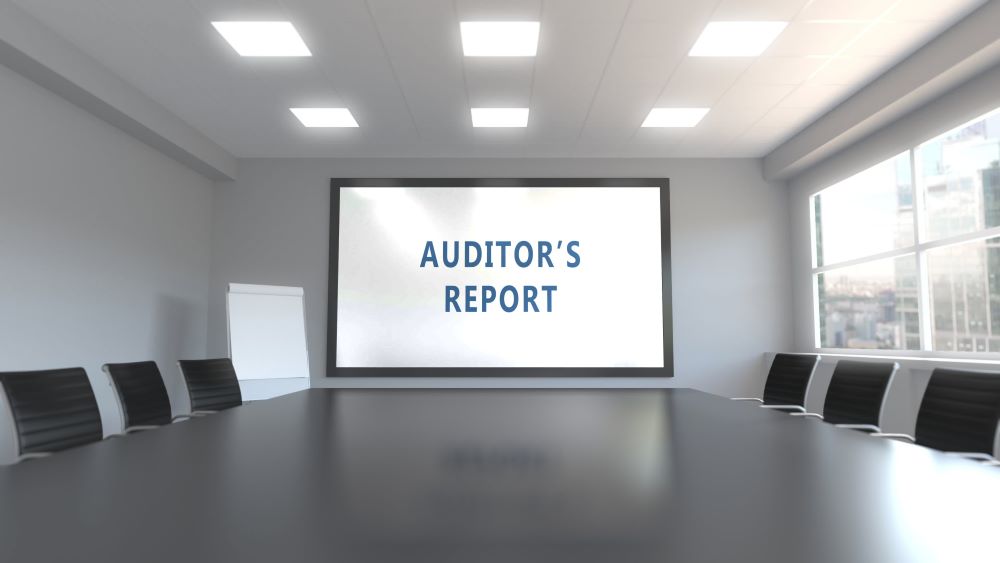New Auditor’s Reports Are Coming

Angela Lawrence, Quality Control Coordinator at Klatzkin, contributed to this post.
As auditors prepare for the upcoming year-end of December 31, 2021, they should be aware of the changes coming to auditor’s reports as a result of the implementation of Statement on Auditing Standards (SAS) No. 134, Auditor Reporting and Amendments, Including Amendments Addressing Disclosures in the Audit of Financial Statements, and other related SASs.
Originally scheduled to take effect for audits ending on or after December 15, 2020, SAS No. 141 issued by the AICPA deferred the effective dates of SAS Nos. 134-140 by one year to give firms more implementation time due to the COVID-19 pandemic, so the time has come to update those auditor’s reports.
So what changes can you expect to see in the auditor’s reports?
- Various sections of the report have moved. The opinion is now presented first so that the reader can see the conclusion upfront. The basis for opinion follows and now includes a statement that the auditor is independent with respect to the client. The report also now includes a statement that the auditor must meet ethical responsibilities following relevant requirements related to the audit.
- The section on management’s responsibilities now includes management’s responsibilities related to going concern when required by the financial reporting framework.
- When substantial doubt exists related to going concern, the auditor is required to address such in a separate paragraph in the report, titled “Substantial Doubt About the Entity’s Ability to Continue as a Going Concern.”
- The description of the auditor’s responsibilities has been expanded to include language related to professional judgment, professional skepticism, and the auditor’s communications with governance.
- The auditor will include Key Audit Matters (KAMs) in the report only if they have been specifically engaged to report on KAMs and the auditor has formed an opinion on the financial statements. If the auditor issues an adverse opinion, they are precluded from reporting on KAMs unless required by law or regulation.
With the new auditing standard about to go into effect, there’s no better time than the present to evaluate its impact on your organization.
Contact Us
If you have questions about the material outlined above or would like to learn more about how Klatzkin can help with another audit-related issue, click here to contact us. We look forward to speaking with you soon.
©2021 Klatzkin & Company LLP. The above represents our best understanding and interpretation of the material covered as of this post’s date. The content is provided for informational purposes only and does not constitute accounting, tax, or financial advice. Please consult your advisor concerning your specific situation.
